You may be familiar with Dark Sky Certification or this may be a new topic for you. Depending on where you are in the world, you may see stars at night. You may see many stars, constellations, comets and all sorts of celestial displays. Or you live in a city with so much lighting, there are hardly any visible stars at all. If you are very fortunate, you can access a Dark Sky Park. More on that later.
What does Dark Sky mean? It is the absence of light pollution.
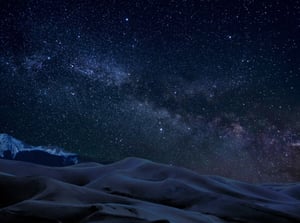 Credit: NPS/Patrick Meyers
Credit: NPS/Patrick Meyers
How do we reduce Light Pollution? The best place to start is at the International Dark-Sky Association (IDA). This group provides guidelines and certification of Dark Sky status. Once the certification is completed, the applicant organization promote IDA concepts to their community. Continuing review after certification ensures that the IDA certified organization are maintaining the pledge to reduce outdoor light pollution.
E Ink received IDA certification for our products in February, 2022 – the first display technology to achieve this certification. The inherent properties of ePaper make it a natural fit with IDA philosophy – reflective displays can be read easily with minimal light, sustainable technology that can be solar powered, and long time between charges thanks to the bistable (only draws power when updating an image) technology of ePaper.
Finally - what is a Dark Sky Park? Recognized by the International Dark-Sky Association, the parks protect nocturnal species. Scientists can conduct astronomical research. And also important, they give us a clear view of the night sky – a bonus!
Prevent Light Pollution – Light Pollution is the unavoidable effect of outdoor artificial illumination (lights we turn on and off). Constant, unnatural light disturbs animals and plants that are most active at night.
The best climate for a Dark Sky Park is dry and in higher elevations. Most parks are located out west – here are some examples:
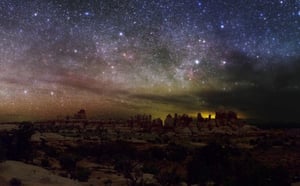 Credit: Canyonlands National Park, Utah
Credit: Canyonlands National Park, Utah
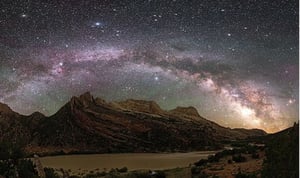
Credit: Dinosaur National Park, Colorado/Utah
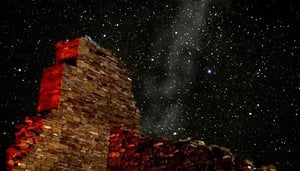
Credit: NPS, Chaco Canyon National Historic Park, New Mexico
What's your take on light pollution? Want to visit a Dark Sky Park?

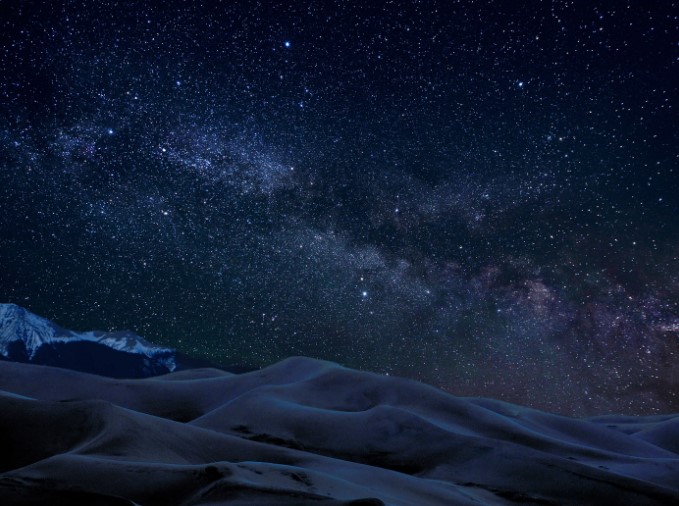
Leave Comment